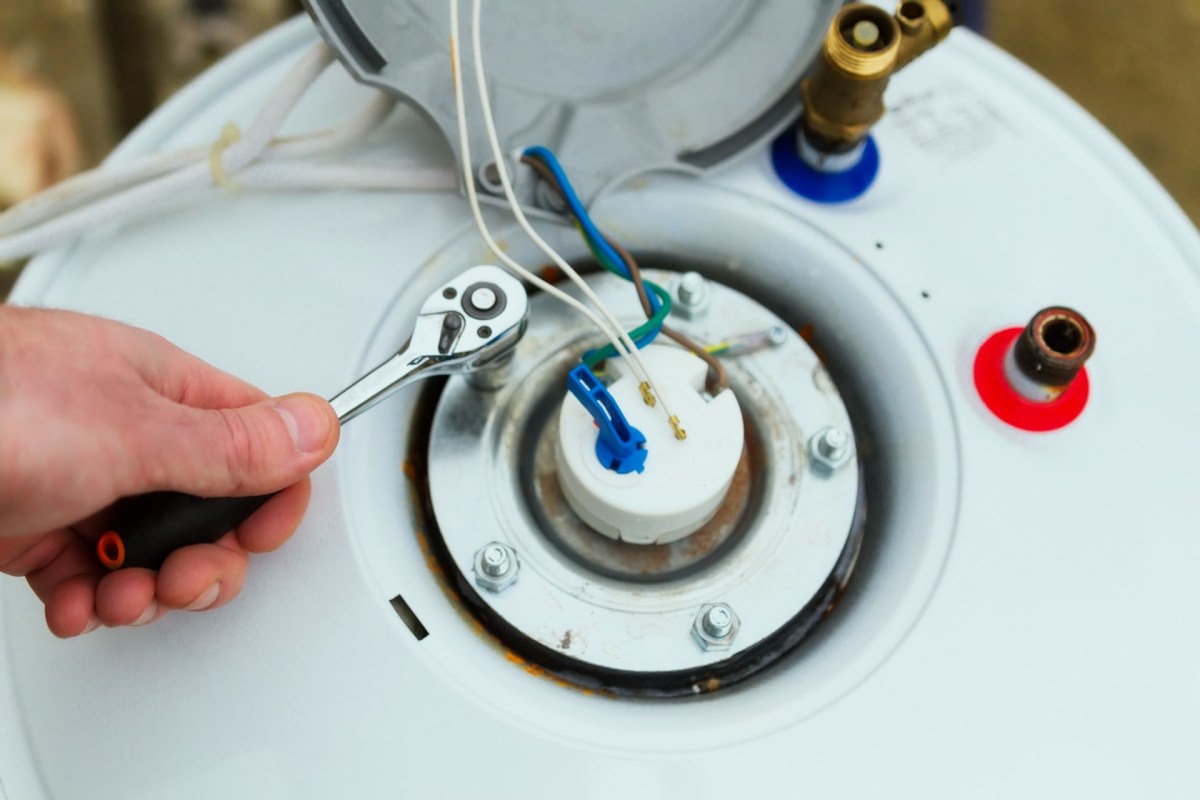If you've ever stood at a sink or outside the shower waiting for the water to heat up, you know how frustrating that wasted time can be.
A report for the U.S. Department of Energy has found that it's a major waste of water in the average American home, too — in many cases, thousands of gallons a year. That's hard on your wallet and the environment, but a hot water circulation pump can protect both.
What is a hot water circulation pump?
A hot water circulation pump is a system that you hook up to your water heater and plumbing. At the area of your home farthest from your water heater, there will often be a sensor to check the temperature inside your hot water pipes (though some systems work on a timer instead).
When the sensor detects that the hot water has started to cool, a valve will send the water back through your cold water pipes (or through a dedicated return pipe) instead of down the drain, replacing it with new, hot water. This way, whenever you turn the hot tap on, the water that comes out will be hot right from the beginning.
How does a hot water circulation pump save me money?
It might seem like this system would be expensive to run because it uses up so much hot water. But the circulation pump is designed to activate only when you need hot water — either based on the temperature, the time of day when there is demand, or both. This helps limit the energy used to keep costs down.
Meanwhile, you could be saving a small swimming pool's worth of water every year, and the system itself is extremely affordable. The Watts Premier Hot Water Recirculating Pump System, for example, includes everything you need for a little over $200.
For even more savings, you can combine your circulation pump with a tankless water heater or a heat pump water heater — if your current one is in need of replacing.
Does the warm water in cold water pipes cause any problems?
If water circulates back to your water heater through the cold pipes, it will be a little warmer than what usually runs through them, but the temperature difference isn't enough to cause damage.
The water will quickly cool off, too — after all, that's why you're installing this system in the first place.
Join our free newsletter for easy tips to save more, waste less, and help yourself while helping the planet.









